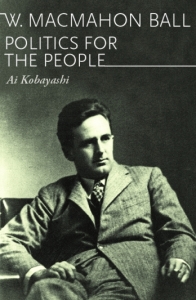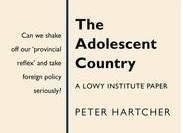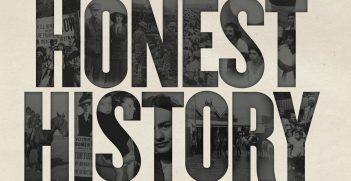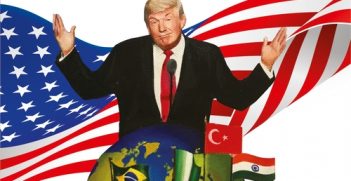W. Macmahon Ball: Politics for the People

This book is a study of the life of Professor William Macmahon Ball (known as ‘Mac’), focusing particularly on his career from the 1920s to the 1960s. It is a fascinating read. I knew Mac Ball when I was a student at the University of Melbourne in the 1960s and was interviewed for the thesis upon which this book is based. From my own experience, Mac Ball was a kind and generous man, an engaging lecturer and a tutor in the Socratic mould. I was aware of his background in general terms but this book fills in the gaps and provides plenty of detail. The writing is very fluent and the production of the book is excellent.
While clearly for me this biography has a personal interest, there is much here to appeal to the general reader. First and foremost, the book provides an insight into the development of Australia’s relations with Asia through the life of one person. Mac Ball was very active in the Australian Institute of International Affairs and from at least the 1930s, was to the fore in propounding the argument that Australia’s geographical position demanded a primary focus on the Asian region. During the 1940s, he contributed in a practical way to implementing that focus through organizing Australia’s wartime shortwave service (1940-44) and then in his roles as an official Australian observer in the Netherland East Indies in late 1945 and serving as British Commonwealth representative on the Allied Control Council for Japan in 1946-47. Mac also participated in the founding conference of the United Nations at San Francisco in June 1945. All these events are well covered in the book; they provided rich material for Mac’s teaching and public broadcasts. His judgements on the underlying dynamics of the region in Nationalism and Communism in East Asia (1952, 1956) have stood the test of time. Given that this study of Ball provides so much of substance relating to Australian engagement with Asia, I was surprised to read the concluding statement that ‘only in the late 1980s … [did] … Australian policy [give] priority to Asia’.
Another contribution of this book is the insight it provides into the development of political studies in Australia. Mac Ball was essentially ‘the’ politics lecturer at the University of Melbourne in the late 1920s and 1930s. His focus was on the political problems of the day, and particularly, the international context. He had the ability to discern the key issues and add depth to the discussion of those issues. Possible Peace (1936) is a good indication of his approach. It was a ‘common sense’, liberal approach, but not particularly theoretical. He could be described as a ‘public intellectual’ but would probably have found the term pretentious; ‘political educator’ is probably more accurate. Returning to the University of Melbourne as the Professor of Political Science in 1949, his focus was on undergraduate education (including Honours). He encouraged many people who went on to further work in international relations and Asian politics, and political science more generally. The author covers all of these developments very well. The discussion of Ball’s inaugural lecture on ‘The Uses of Political Science’ indicates his view of political studies as having a practical application, but it would have been helpful to know more about Ball’s view of political studies more broadly; his studies with Harold Laski, and visits to Britain, continental Europe and the United States at various times would have given him some opportunity to reflect on these matters.
While Mac Ball spent his entire academic career at the University of Melbourne, this book also provides some insight into the development of universities in Australia in the mid-twentieth century from that particular perspective. From being a struggling student at school, Mac Ball had a very successful undergraduate career in the 1920s and was a leader in both the Student Christian Movement (Union) (SCM) and Labour (not Labor) Club. In the 1950s and 1960s, Mac Ball was present at the beginning of the transformation of universities into institutions of mass higher education. He functioned as a good professor but in a benign way. Viewing politics as an important part of a liberal education, his instinct would have been against excessive professionalisation and managerialism.
Apart from the issue of how Mac Ball viewed political studies more broadly, I would be interested to know more about how his philosophical and theological views evolved throughout his life. There is some discussion in this book of Ball’s ‘crisis of faith’ in the 1920s and his withdrawal from his intended vocation as an Anglican priest. Renate Howe (2009) portrays Ball as an example of an Australian intellectual who was strongly influenced by the SCM. He certainly retained his liberal and humanitarian impulse, as this book clearly reveals.
Ai Kobayashi, W. Macmahon Ball: Politics for the People, Australian Scholarly Publishing, 2013.
Reviewed by Derek McDougall, Principal Fellow, School of Social and Political Sciences, University of Melbourne.





